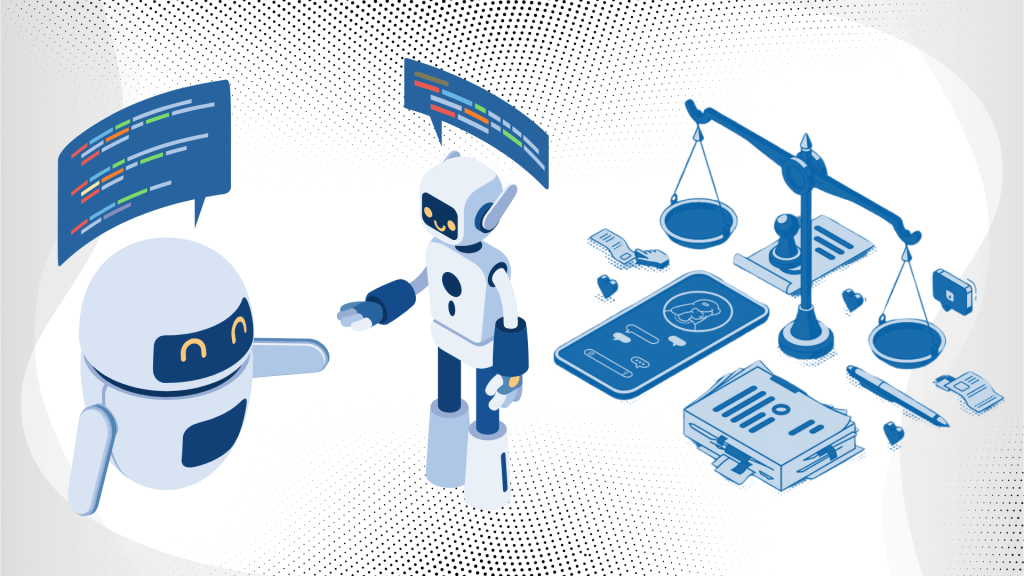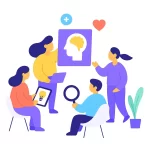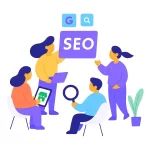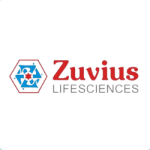The Ultimate Guide to Safe and Legal Use of AI-Generated Text
In a world where technology is reshaping industries, AI-generated text has emerged as a powerful tool for content creation. But as its adoption grows, so does the question: is it legal to use AI-generated text? The answer lies in understanding the nuances of copyright law, intellectual property rights, and ethical practices in the context of AI-generated content.
This article will explore the legal landscape while showcasing how tools like an AI to human text converter help ensure AI-generated content aligns with both legal and ethical standards.

The Legality of AI-Generated Text: A Complex Yet Clear Path
At its core, using AI-generated text is legal. AI systems, such as AI text generators and AI writers, create content based on algorithms trained on vast datasets. However, the legal complexity arises when considering copyright, plagiarism, and originality. To navigate this landscape effectively, we must consider key factors:
Copyright Ownership
AI-generated text often lacks a human author, making it ineligible for traditional copyright protection. As a result, pure AI-generated content is generally treated as being in the public domain.
Fair Use and Plagiarism Concerns
Since AI models are trained on existing works, they might inadvertently replicate copyrighted material. Checking the content with tools like an AI text detector can help identify potential overlaps.
Human Involvement in AI Content
Legal and ethical standards favor content where humans have significantly contributed to its creation. This is where tools like the best AI-to-human text generator come into play, transforming AI outputs into humanized, compliant material.
How AI to Human Text Generators Ensure Compliance and Quality
Using artificial intelligence paraphrasing tools ensures AI-generated content meets both legal and human standards. These tools refine robotic language into natural prose, helping users produce content that resonates with readers while adhering to intellectual property guidelines.
For example:
- Tata Consultancy Services (TCS) uses AI tools to generate business reports efficiently. However, TCS employs expert teams to refine these drafts, ensuring high-quality, accurate outputs. This method blends speed with precision, providing top-notch results for their clients.
- A business using website content writing tools can start with an AI writer to generate ideas. Then, an AI to human text generator refines the draft, ensuring it aligns with branding and legal standards.
- MakeMyTrip uses AI to draft travel guides and descriptions. Their human editors add creative flair to make the content engaging and relatable. This approach enhances personalization, allowing MakeMyTrip to connect more effectively with travelers.
Students or professionals leveraging an online paraphrasing tool can use the converter to rephrase outputs, making them unique and original while retaining meaning.
Empathy Meets Efficiency: Addressing Common Concerns
1. Will AI Content Be Penalized by Search Engines?
Search engines prioritize high-quality, original content. AI-generated content is legal to use as long as it demonstrates expertise, experience, authoritativeness, and trustworthiness (E-E-A-T). Tools like SEO writing AI and AI for SEO enhance AI-generated text to meet these standards.
2. Can AI content infringe copyright?
While AI systems generate unique content, their reliance on training data can lead to accidental replication of copyrighted material. For instance, using an AI content writer might produce text closely resembling a published work. By applying an AI to human text generator, users can ensure originality and avoid legal pitfalls.
An Analogy: The AI Writer as an Apprentice
Think of an AI writer as an apprentice chef. It can prepare the basics—cutting, chopping, and assembling—but the final dish requires the expertise of a head chef. Similarly, AI tools create drafts, while an AI to human text generator ensures the finished product is polished, legal, and human-friendly.
Examples of Legal Use Cases for AI-Generated Text
1. Content Marketing
A marketing team might use an AI generator text tool to draft email campaigns. The initial output is refined using a content writer tool, ensuring compliance with legal standards and audience expectations.
2. Academic Writing
Students can use artificial intelligence paraphrasing tools to create summaries or paraphrase existing research. Running the output through an AI to human text generation tools ensures the content is original and properly rephrased.
3. SEO Optimization
Marketers often use SEO AI tools to enhance web pages. While the AI handles keyword placement, tools like ChatGPT to human text converters humanize the tone, improving both readability and compliance with search engine algorithms.
Strategies for Ethical Use of AI-Generated Text
- Disclose AI Assistance: Transparency builds trust. Mentioning that AI tools were used to assist in content creation ensures ethical integrity.
- Use AI Tools Judiciously: Combine AI efficiency with human creativity. For example, use an AIi text generator Reddit suggestion to enhance the readability of AI outputs.
- Verify Originality: Run the final content through an AI text detector or plagiarism checker to ensure compliance.
- Customize with Human Input: Make significant edits to AI-generated drafts to claim authorship, aligning with the legal requirement for human involvement.
Challenges and Risks of Using AI-Generated Text
While the legality of AI content is well established, potential risks remain:
- Plagiarism: AI might unintentionally replicate text from its training data. This is where tools like contents AI and AI text detectors come in handy.
- Misinformation: AI-generated content may contain inaccuracies. Fact-checking and editing are crucial to maintaining credibility.
Watch: AI-Generated Content: Plagiarism, Copyright Risks and Solutions
This video explores the legal and ethical risks of using AI-generated content, including copyright concerns, plagiarism, and the danger of misinformation. It also presents practical strategies and tools for ensuring content originality, compliance, and safe use of AI in content creation.
Key Takeaways:
- Understand plagiarism risks when using AI-generated content.
- Identify potential copyright violations from AI tools.
- Learn tools and strategies to ensure content originality.
- Adopt ethical practices when integrating AI into content workflows.
Over-reliance: Overusing AI without human refinement can result in generic, impersonal content. Artificial intelligence to human text paraphrasing tools address this by adding personality and polish.
The Role of AI in Shaping Content Creation
AI has transformed how we approach writing. From AI writing tools to advanced content writing tools, the integration of technology saves time and enhances productivity. However, human oversight ensures that content remains relatable and legally compliant.
Imagine the possibilities: You could draft an engaging blog, optimize it for search engines with SEO writer AI, and refine it using an AI to human converter. This seamless workflow balances innovation with authenticity.
Conclusion: Use AI Responsibly
AI tools are powerful, but they need a human touch to shine. Tools like AI text generators can help you create high-quality, unique, and legal content.
Start today by exploring tools like AI generator text, artificial intelligence SEO, and the best AI to human text generator. With these steps, you can unlock the true potential of AI-powered content creation while staying ahead of the curve in a rapidly evolving digital landscape.
AI is revolutionizing content marketing—are you ready to leverage it? Stay tuned for our next blog to master using AI to human text generation across all your platforms!














